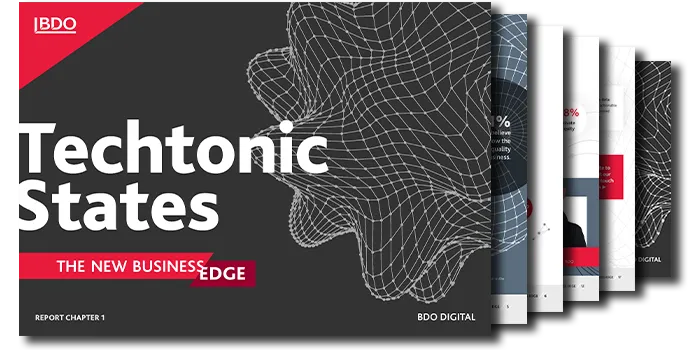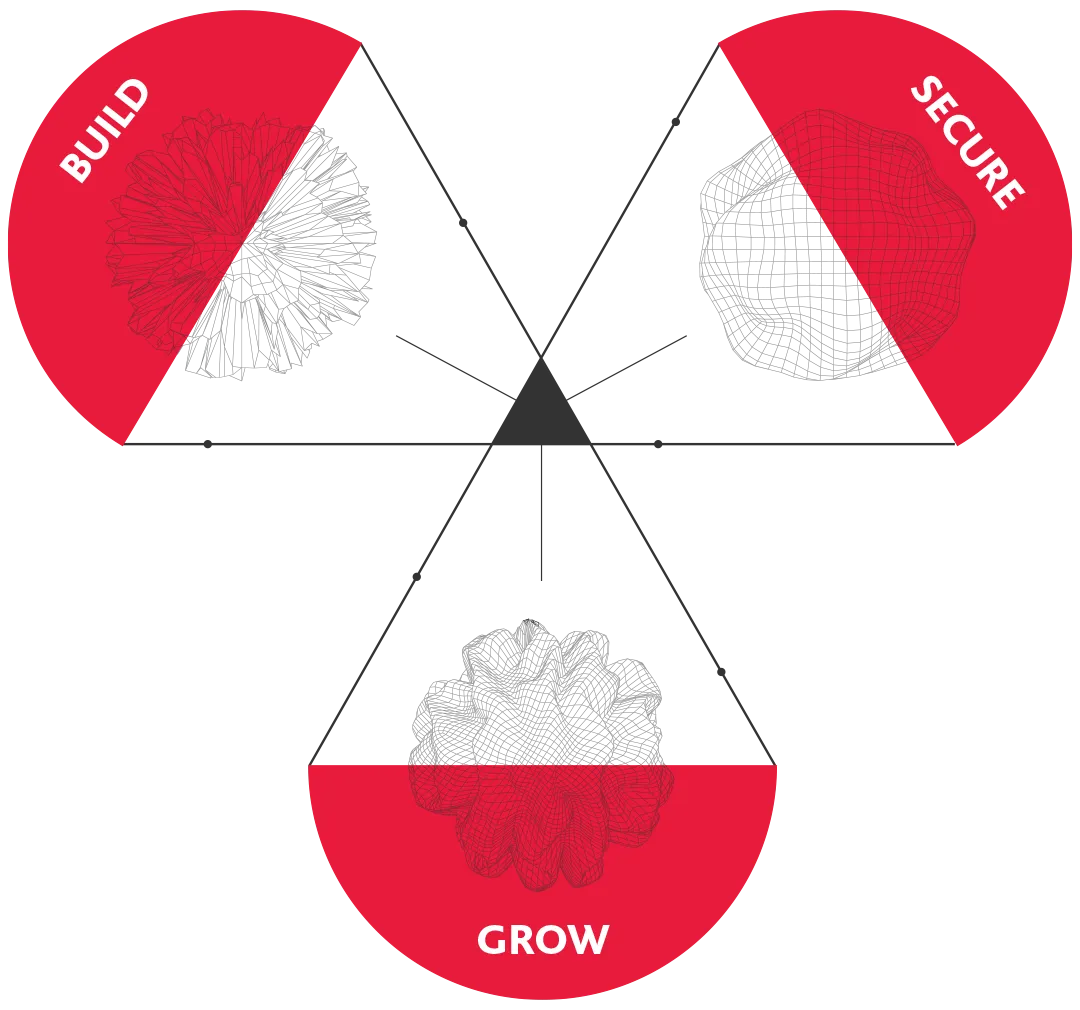
BDO’s global 2025 Techtonic States report reveals that the ‘New Business Edge’ belongs to those who can anticipate trends and withstand challenges with confidence. With geopolitical tensions, cyber threats and advancing technology, organisations are rightly preparing for a range of potential scenarios. With change the only constant, resilience is rising up the business agenda.
This report series analyses how 1,050 global leaders are investing in artificial intelligence (AI), strengthening data infrastructure, and embedding risk-thinking into their business strategy and culture.
Learn more about these insights and how to build strategic resilience to navigate disruption, cyber risk and the complexities of AI.


BDO initially started the Techtonic States study in 2023, with a goal to envisage the future world of business using scenario planning techniques. In March and April 2025, BDO conducted a global opinion research study among 1,050 business leaders (C-suite and C-suite minus one).
The study captured insights into their current business challenges, opportunities and predictions for the future. Many of the questions asked were consistent with those in the 2023 research to enable meaningful year-on-year comparisons.
Respondents were from mid-market organisations (with an annual revenue of $50 million - $1 billion) and large enterprises ($1 billion - $5 billion). The study focused on 10 markets: Australia, Canada, Germany, India, LATAM (Argentina, Brazil, Chile, Colombia, and Mexico), the Netherlands, Singapore, Spain, USA, and UK. Respondents were from the following sectors: financial services, private equity, manufacturing, technology, retail & consumer, education, real estate, construction, and healthcare.
